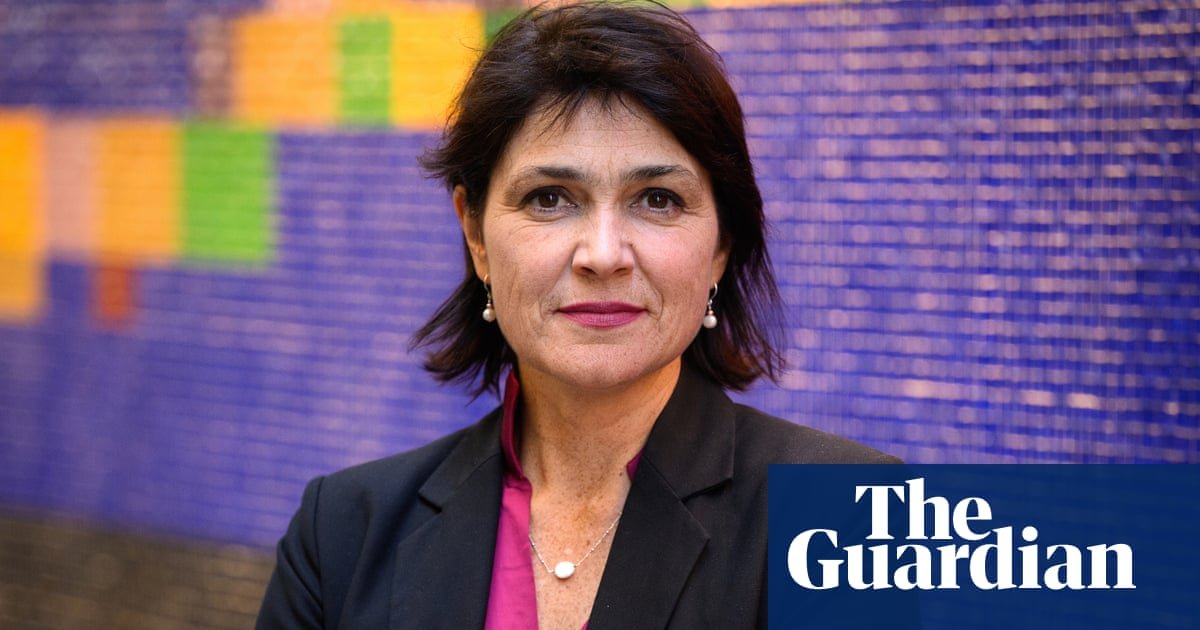The sex discrimination commissioner has called on the government to put gender and sexuality questions in the census, as the treasurer, Jim Chalmers, appeared to open the door to revise the controversial decision to exclude them.
On Thursday Anna Cody wrote to the government warning backtracking on a commitment to ask about gender and sexuality “carries serious implications for the health, wellbeing and general equality of LGBTIQA+ Australians and their families”.
The Australian Human Rights Commission resolved a discrimination complaint against the Australian Bureau of Statistics about exclusion of gender and sexuality questions from the 2021 census, resulting in a “statement of regret” acknowledging the hurt and distress that had caused.
On Wednesday the acting prime minister, Richard Marles, sought to justify excluding gender and sexuality questions again in the 2026 census as desirable to avoid “divisive” community debates.
But Cody wrote to the assistant treasury minister, Andrew Leigh, expressing concern that the decision “will strengthen the voices of discrimination and division that seek to disrupt the nation’s social cohesion”.
“In the face of rising negative rhetoric, there may be concern about the harmful impacts that another public debate may have on LGBTIQA+ people and their families.
“However, while we must seek to minimise harm, the answer cannot be to do nothing. LGBTIQA+ Australians and their rights must be protected and supported, as must the rights of all Australians.”
Cody also noted Labor’s platform commitment to ensure the 2026 census gathered “relevant data on LGBTIQ+ Australians”, and urged it to reconsider the decision not to count them in.
The government’s direction to the Australian Bureau of Statistics not to add the questions has also prompted internal consternation about lack of consultation and the need for better data.
Earlier on Thursday Chalmers told Radio National the government had wanted to “avoid … nastiness and weaponisation of some of these issues”.
Chalmers noted “some of that around the Olympics, [and] we’ve seen it on other occasions”, an apparent reference to the gender row sparked by anti-trans campaigners falsely claiming the Algerian boxer Imane Khelif is not a woman.
Chalmers noted “the census isn’t the only opportunity to gather that sort of data”, which the government aims to do “in the best way we can, in the most sensitive way that we can”.
“I do genuinely understand the disappointment that people have had this week,” he said. “[But the] census is still a couple of years away, and our focus has been on other issues, including some of the issues we’ve talked about today like the cost of living.
“It’s not unusual for the ABS to test and tease out questions in advance, and that’s what’s prompted all of this now, but the census itself isn’t until 2026.”
Asked if he would intervene to override the decision, Chalmers said: “Well, I’m not here to flag that … I’m not flagging that, I’m not proposing that.”
after newsletter promotion
Rodney Croome, a spokesperson for LGBTQ+ group Just Equal, said the government had not expected “the backlash it has received” so Chalmers may be “suggesting LGBTIQA+ inclusion will be revisited after the election”.
But Croome accused Labor of “stringing the LGBTIQA+ community along” on issues including the religious discrimination bill, urging a continued campaign for census inclusion.
Croome rejected Labor’s claim of avoiding “weaponisation” as “self-serving paternalism”. “This is our decision to make and we want to be counted.”
On Wednesday a group of 11 crossbench MPs and senators wrote to Anthony Albanese, urging the government to reverse its “decision to exclude LGBTIQA+ people from the 2026 census”.
The letter was signed by the seven teal independents including Wentworth MP Allegra Spender, along with former Nationals MP Andrew Gee, Helen Haines, Andrew Wilkie and Senator David Pocock.
“In the last census, LGBTIQA+ people who were single, trans and gender diverse, intersex, or living in notionally heterosexual relationships were not recognised because the census did not include questions on gender identity, sexual orientation, and variations in sex characteristics,” they said.
They said they were “deeply disappointed”, arguing “no clear justification” had been provided and that LGBTQ+ people were left “feeling excluded, demeaned, and angry”.
“They are being denied the basic right to be recognised and valued,” they said, arguing lack of good data would “impact negatively on people’s lives for many years to come”.
In a separate letter urging a rethink, Nicky Bath, LGBTIQ+ Health Australia’s head, said that there were “no alternative data sources or solutions meeting the needs for health planning, so meaningful inclusion of these topics in the 2026 census is essential”.
